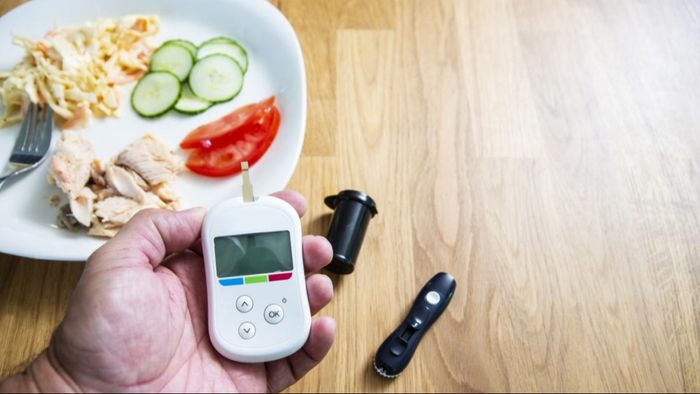How to take care of Diabetes at home; Types of Diabetes and its symptoms
Diabetes is a chronic condition that affects millions of people worldwide, characterized by high levels of glucose in the blood.

- Feb 12, 2024,
- Updated Feb 12, 2024, 4:58 PM IST
Diabetes is a chronic condition that affects millions of people worldwide, characterized by high levels of glucose in the blood.
There are several types of diabetes, each with its own set of symptoms and management strategies.
What are the types of Diabetes?
The most common types include Type 1 diabetes, which is an autoimmune disease where the pancreas produces little to no insulin; Type 2 diabetes, where the body becomes resistant to insulin or doesn't produce enough; Gestational diabetes, which occurs during pregnancy; and other forms like Maturity onset diabetes of the young (MODY) and Brittle diabetes.
Symptoms of diabetes?
Symptoms of diabetes can vary depending on the type but often include increased thirst, frequent urination, unexplained weight loss, fatigue, blurred vision, slow-healing sores, and numbness or tingling in hands or feet. Type 1 diabetes symptoms can develop quickly, while Type 2 diabetes symptoms may be more gradual or not as noticeable. Gestational diabetes typically does not present noticeable symptoms and is usually diagnosed through routine testing during pregnancy.
Also Read: Protein-Rich, Diabetes-Friendly Breakfast for You
Managing diabetes at home
Managing diabetes at home involves a combination of lifestyle changes and medical interventions. Monitoring blood sugar levels is crucial, which can be done using a glucose meter or a continuous glucose monitor (CGM). Diet plays a significant role in managing diabetes; it's important to plan meals carefully, focusing on a healthy diet that can help manage weight and reduce heart disease risk. Counting carbohydrates is particularly important for those taking insulin, as the amount of carbs consumed directly affects insulin needs.
Exercise is another key component of diabetes management, as it increases insulin sensitivity and helps reduce insulin resistance. For individuals with Type 1 diabetes, synthetic insulin injections are necessary for survival, while some with Type 2 diabetes may also require insulin or oral medications like Metformin.
Preventive care for diabetes
Preventive care is essential for avoiding complications associated with diabetes. This includes regular checkups, maintaining a healthy weight, controlling blood pressure and cholesterol, and keeping vaccines up to date. Home care nurses can assist with monitoring blood pressure, glucose control, and providing education on managing diabetes effectively.
For those with visual impairments due to diabetes, adaptive equipment may be needed to assist with blood glucose monitoring and insulin administration. It's also recommended that all individuals with diabetes receive an annual dilated eye exam to check for retinopathy.
In summary, diabetes management at home requires diligent monitoring of blood sugar levels, adherence to a balanced diet, regular physical activity, proper medication management, and routine healthcare appointments to prevent and manage symptoms and complications.
With careful attention and support from healthcare providers, individuals with diabetes can lead healthy and active lives.